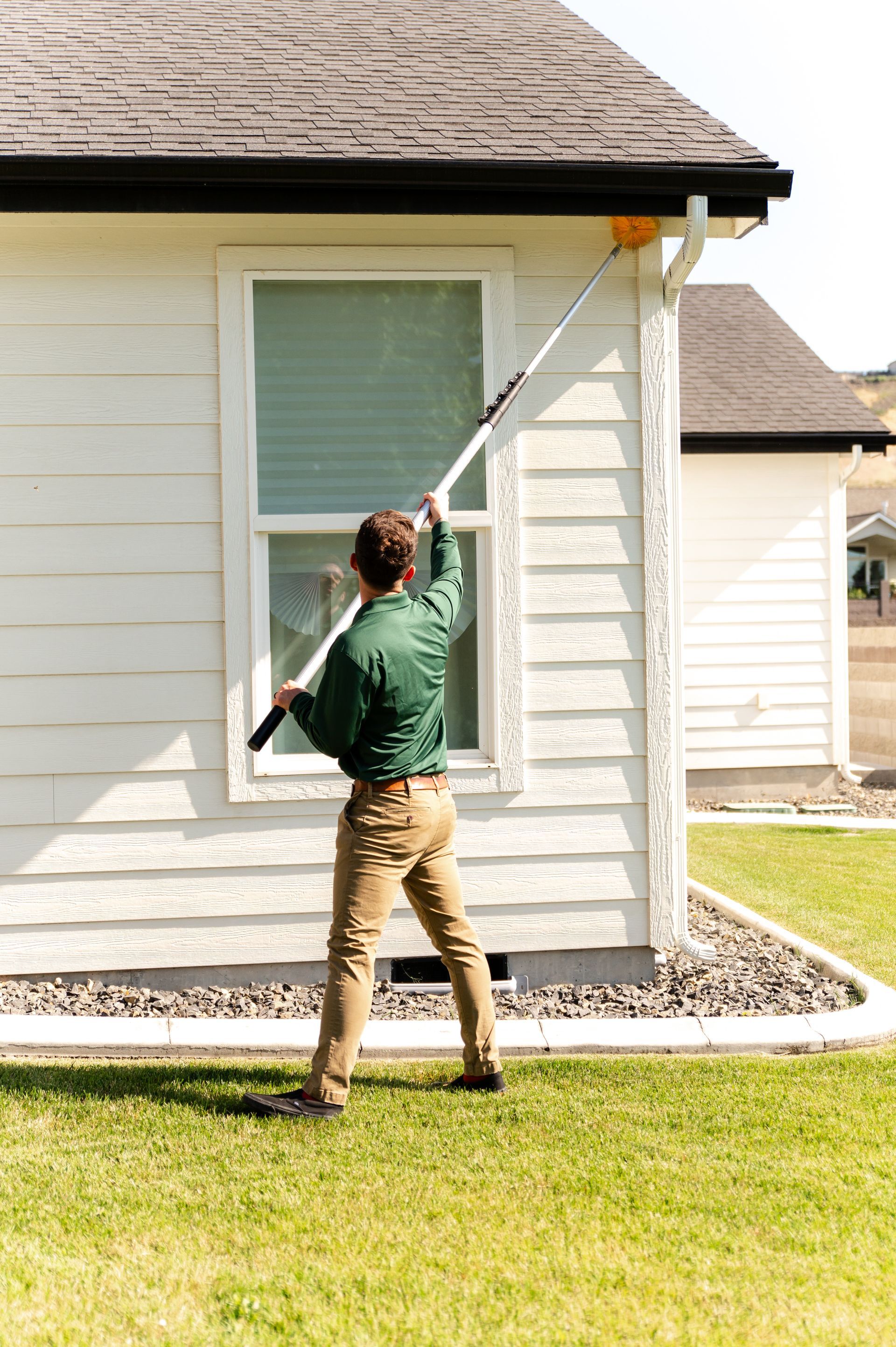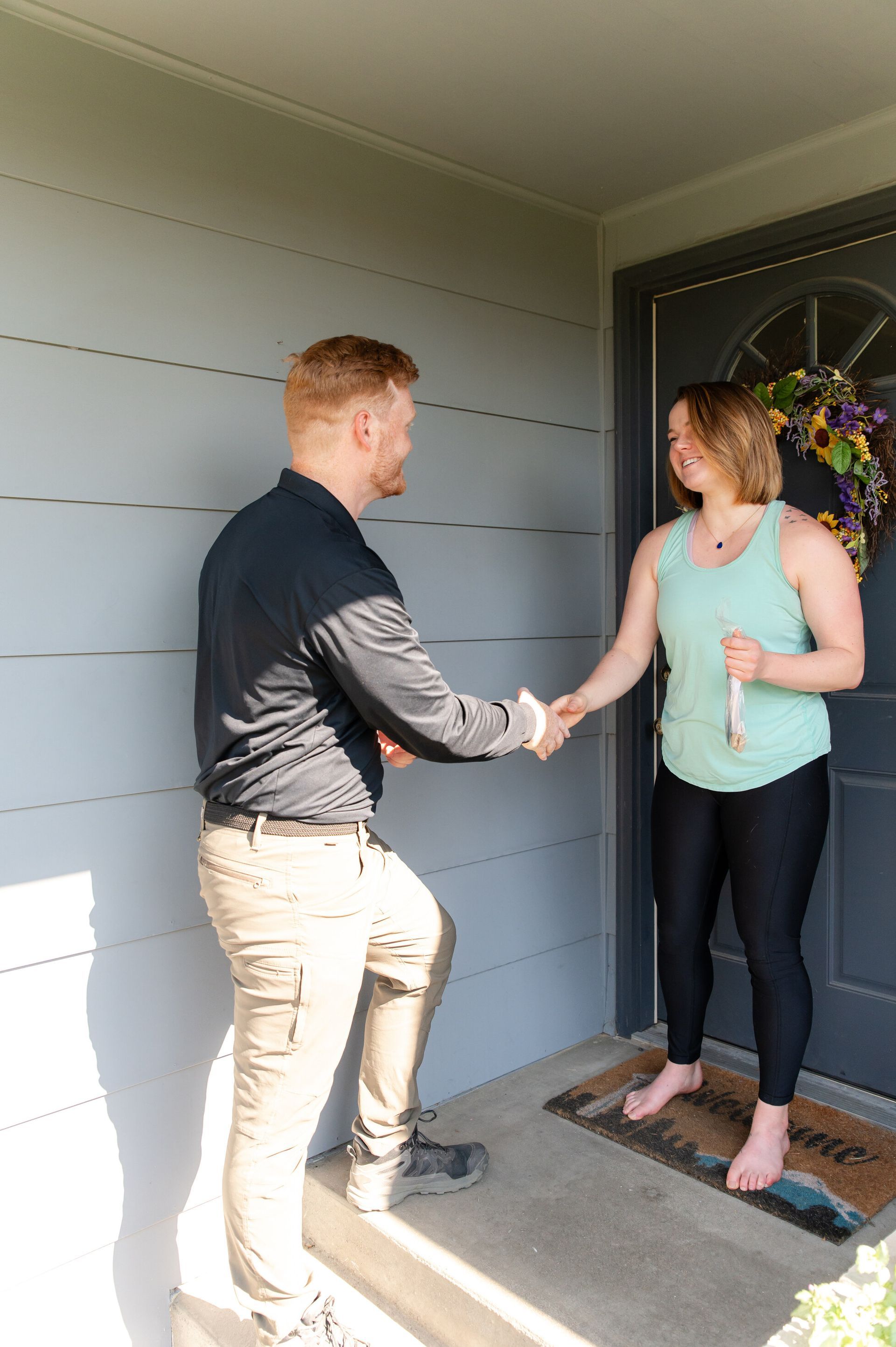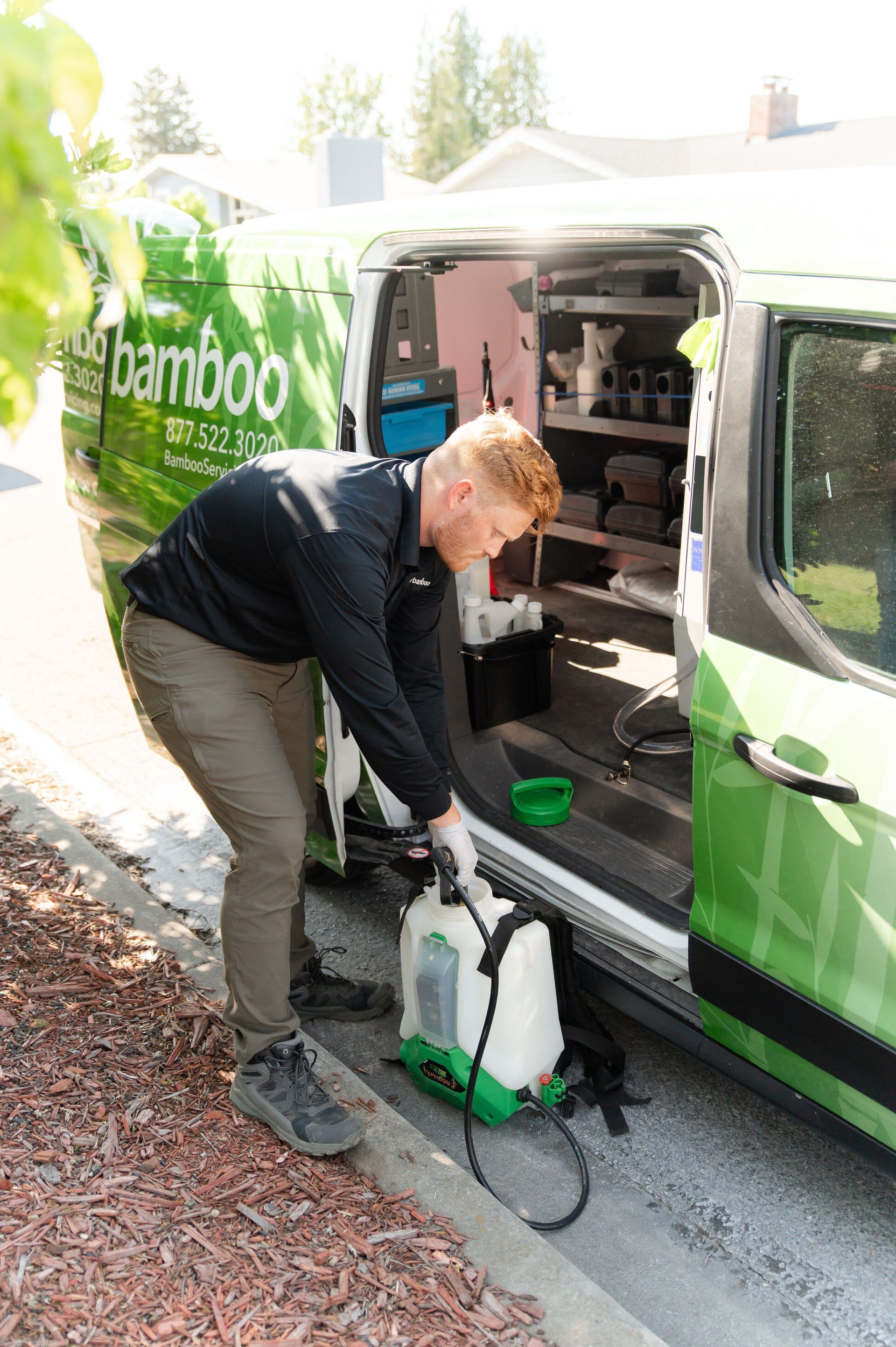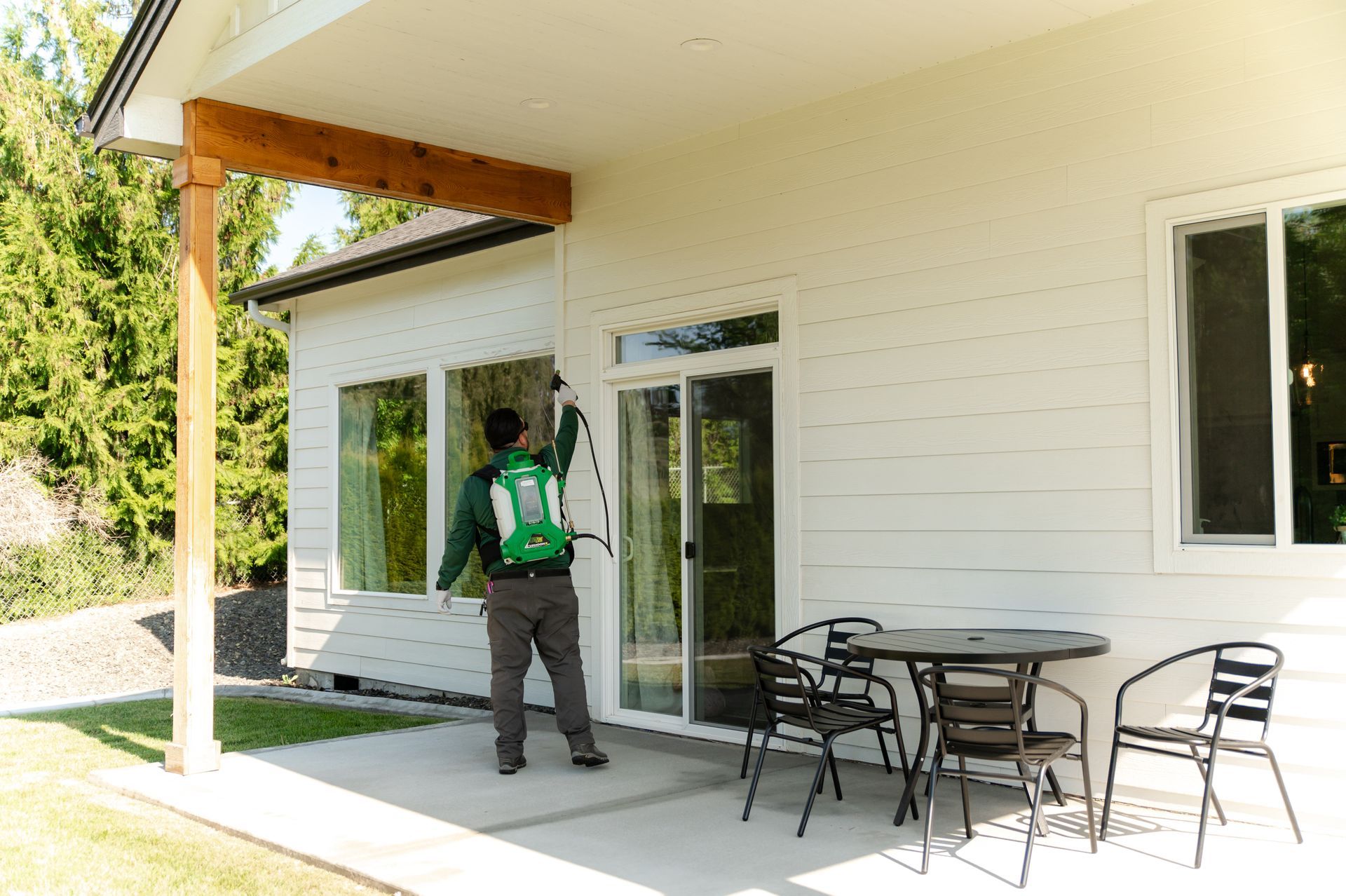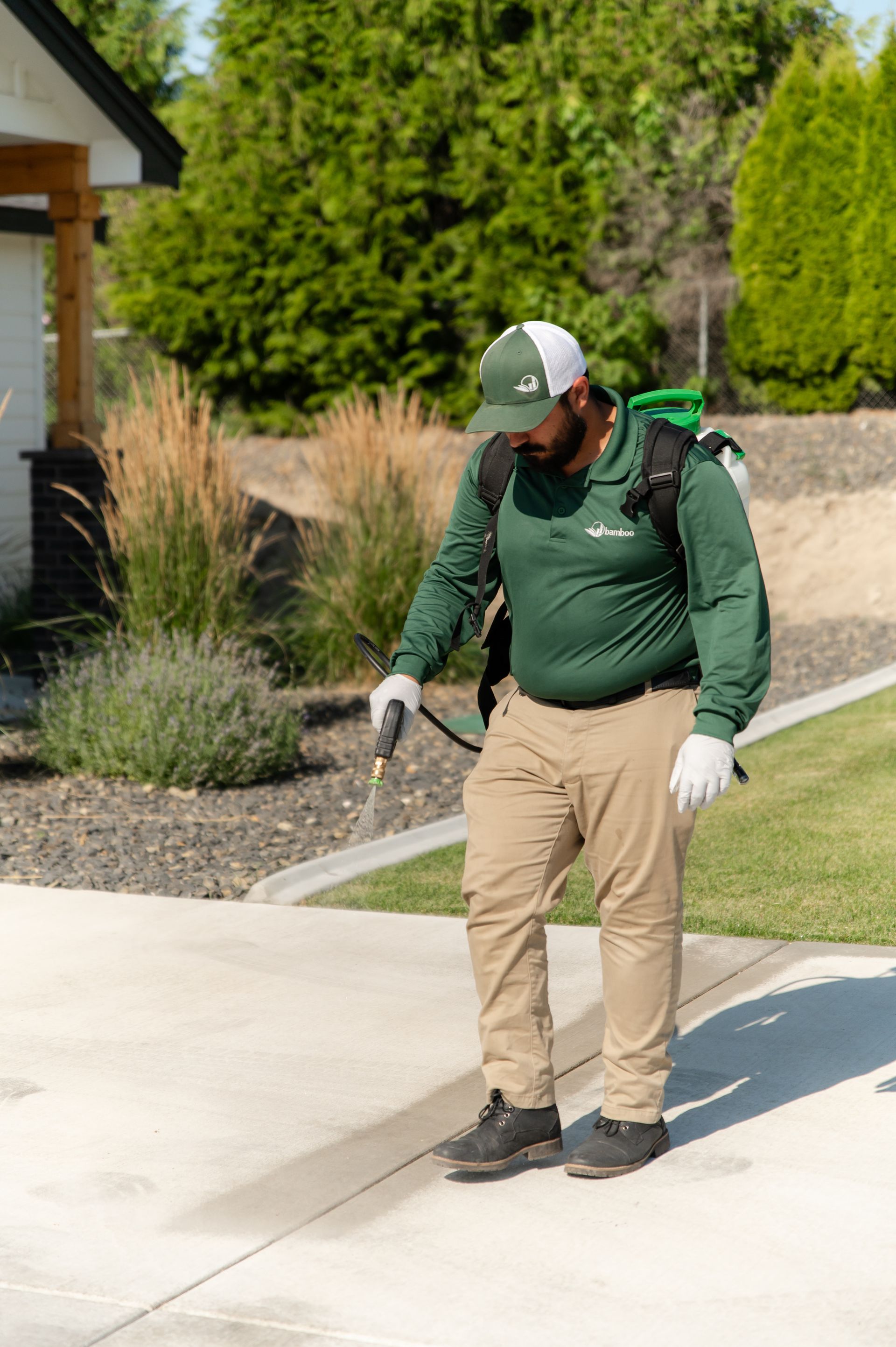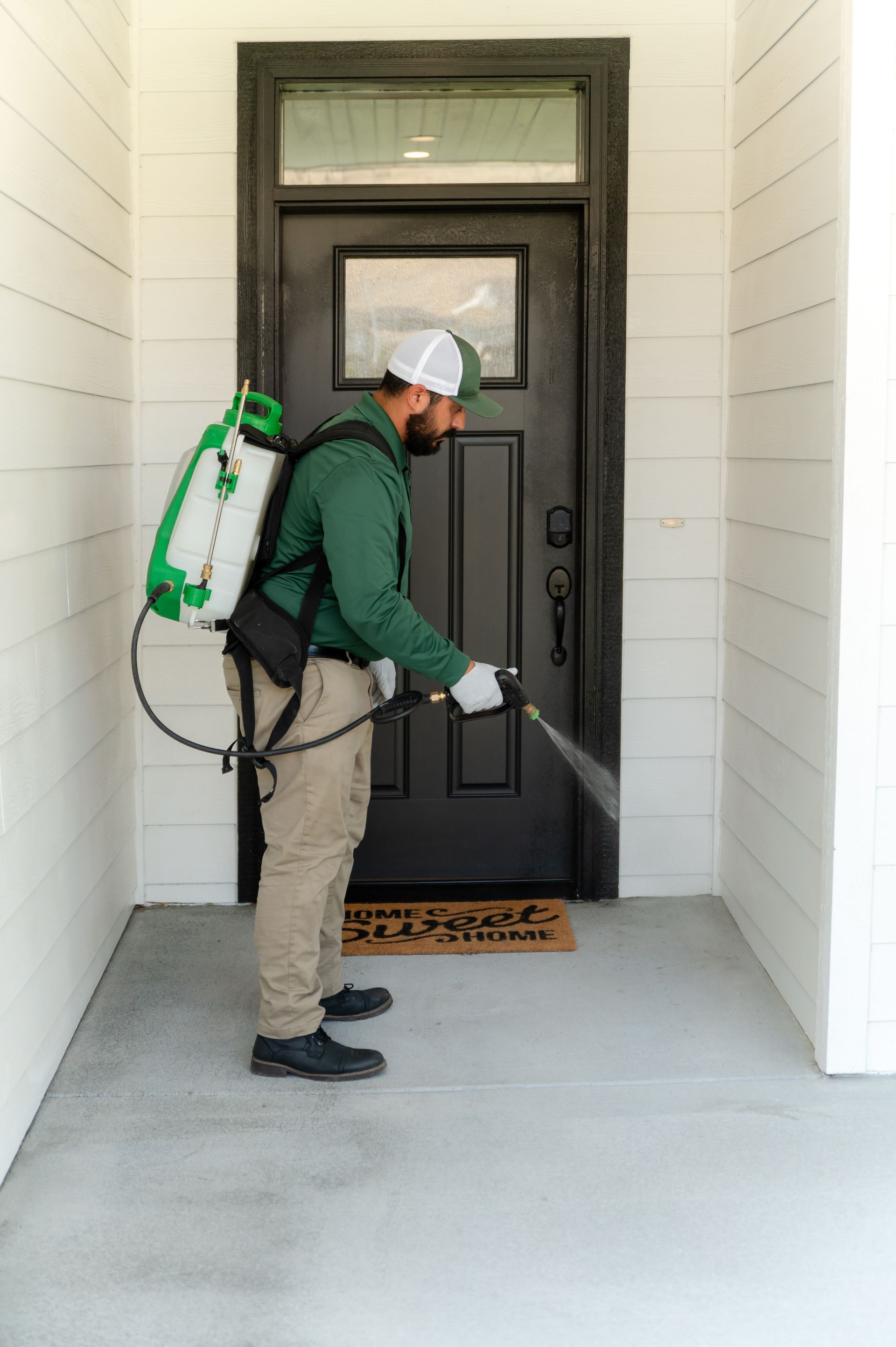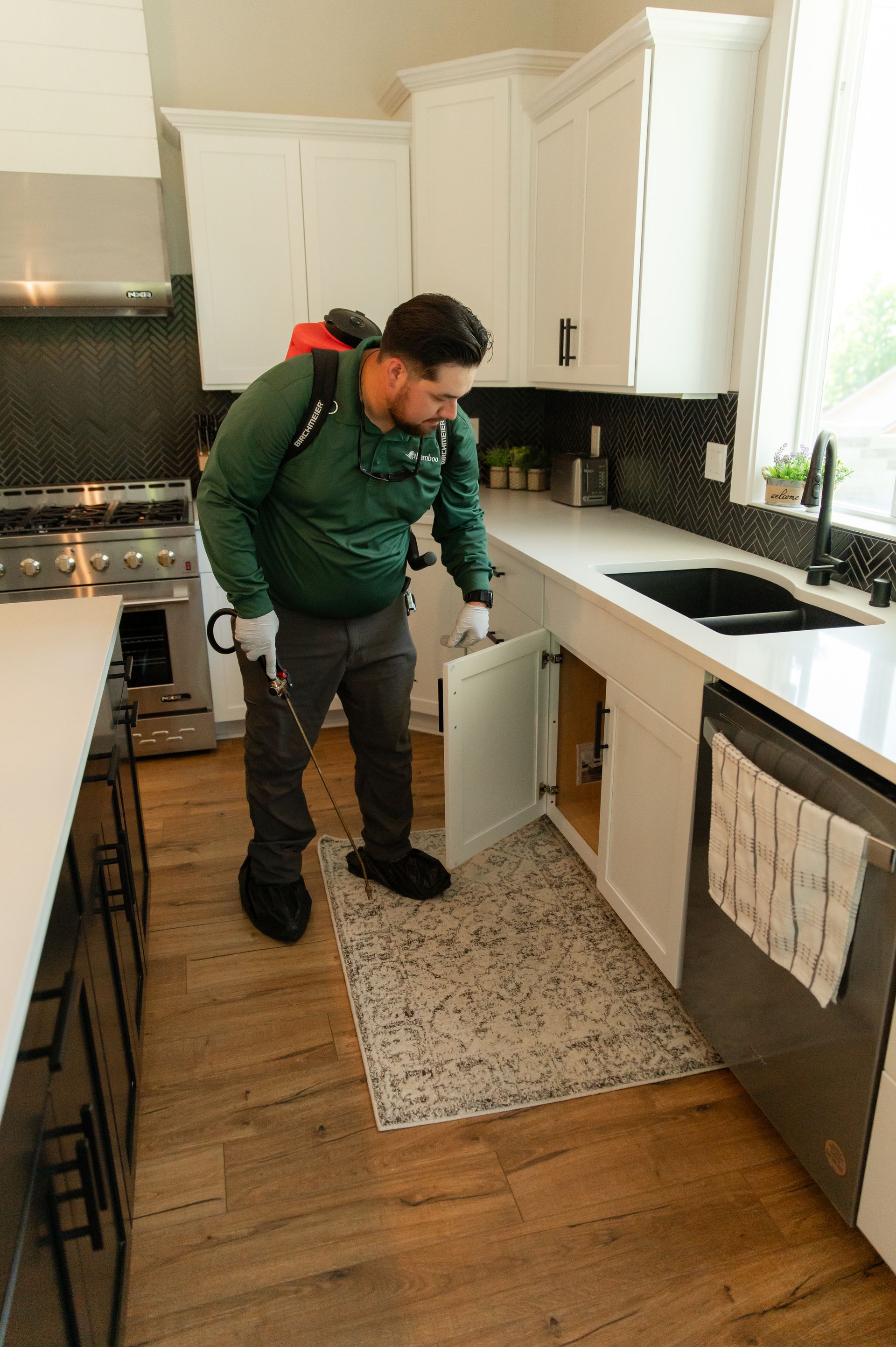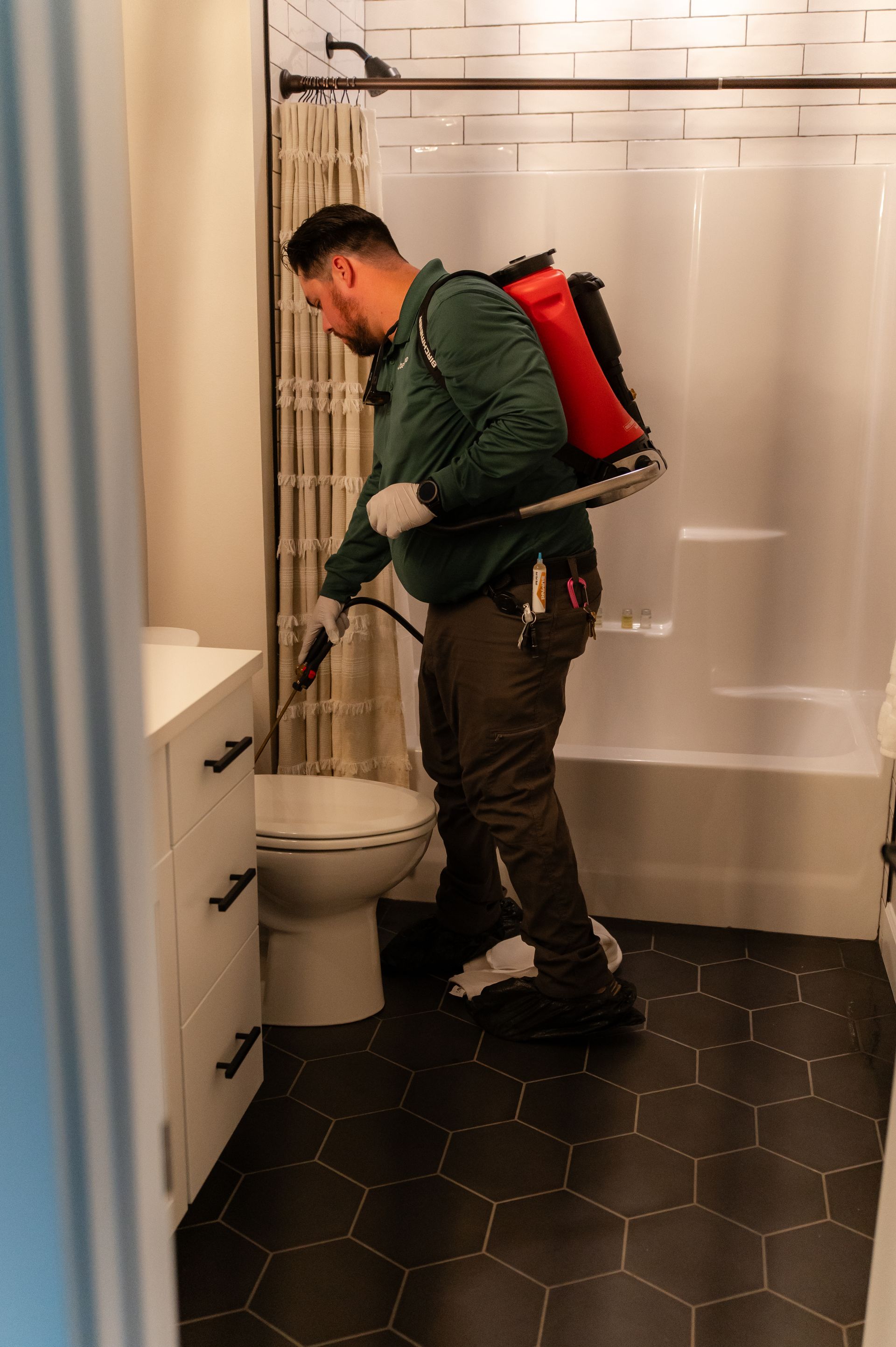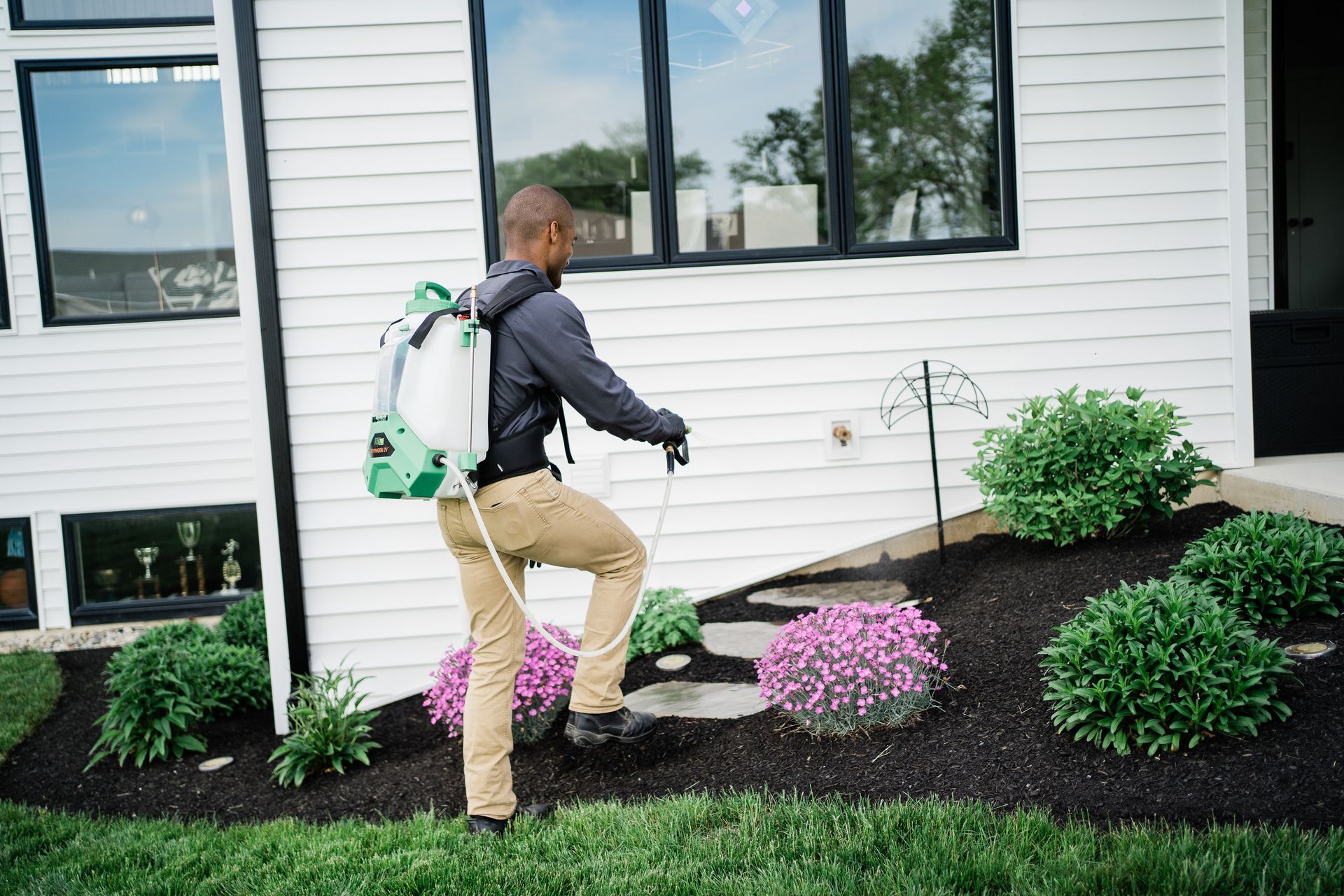How long should I stay out of the house after pest control
Key Considerations for House Re-Entry after Pest Control
Understanding the appropriate time to re-enter your home after a pest control treatment is crucial for ensuring your safety and maximizing the effectiveness of the service. The duration you need to stay out of your home depends on various factors including the type of treatment, the chemicals used, and the specific advice of your pest control professional. Generally, the waiting period can range from a few hours to a full day or more, especially for more intensive treatments.
1. Chemical Drying Time
The most common guideline provided by pest control services is to wait until the chemicals have fully dried. This period usually spans 2 to 4 hours but can extend up to 24 hours if stronger chemicals are used or if the area lacks adequate ventilation.
2. Type of Treatment
The specific pest control method employed can also influence how long you should stay out. For instance, fumigation typically requires a longer wait time compared to localized spray treatments due to the extensive use of chemicals and the need for them to dissipate completely.
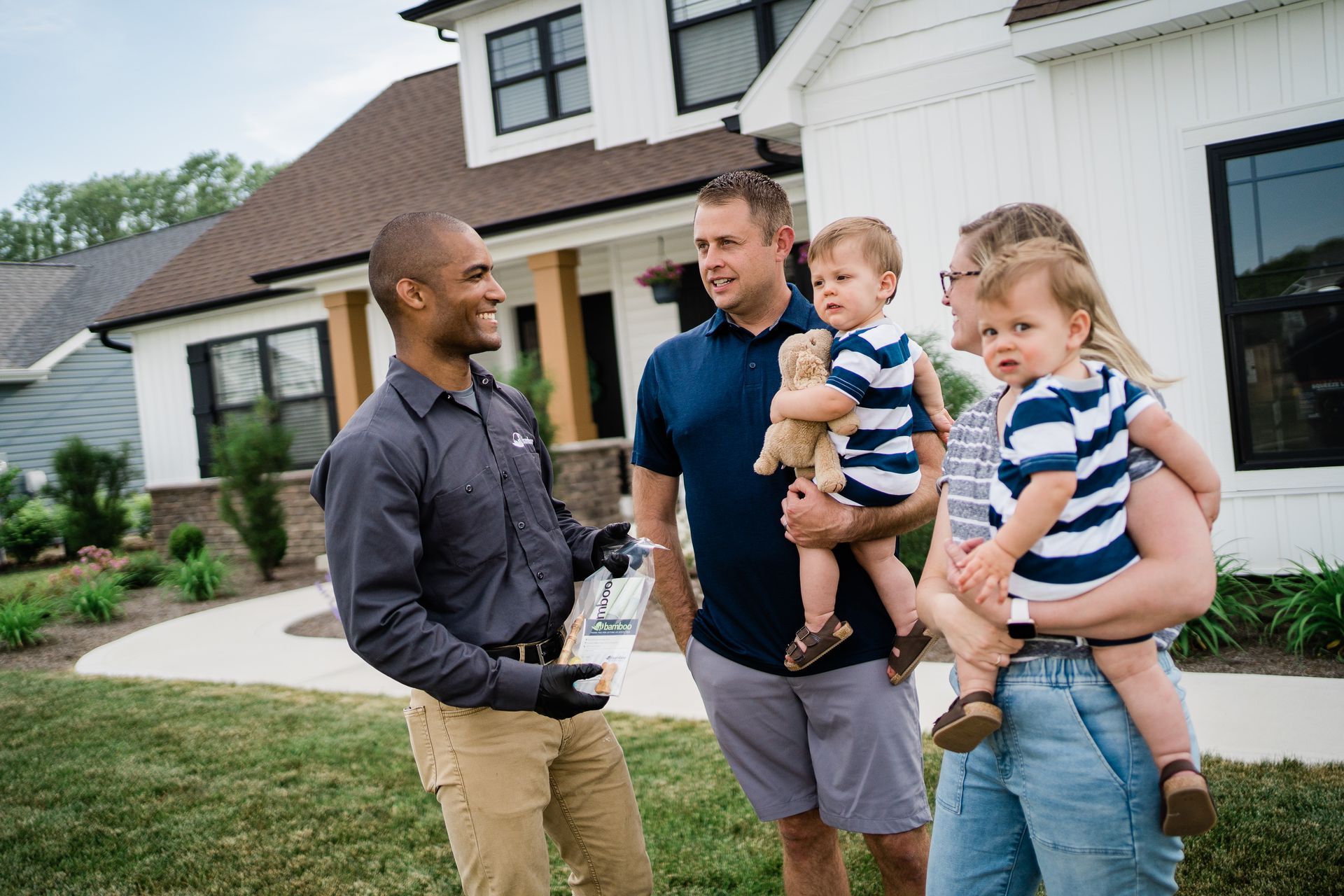
3. Ventilation
Properly airing out your home post-treatment is essential. Opening windows and using fans helps remove any chemical residues in the air, making it safer to breathe and reducing the risk of respiratory irritation.
4. Protective Measures
Upon your initial return, wearing protective gear like gloves and masks can prevent direct contact with any surfaces that might still have residues of pesticides. This is particularly important in areas directly treated or if you have sensitive skin.
5. Vulnerable Groups
Extra caution is advised for infants, the elderly, pregnant women, and those with pre-existing health conditions. These groups might need to extend their time away from the treated area to avoid adverse health effects due to their increased vulnerability to chemical exposures.
6. Follow-Up
After treatment, it's normal to observe an increase in pest activity as pests are driven out of hiding. However, it's important to monitor these changes and contact your pest control provider if the activity does not decrease as expected.
7. Professional Advice
Always discuss the safety guidelines specific to your treatment with your pest control provider. They can offer detailed advice based on the chemicals used, the areas treated, and your particular health concerns.
Additional Tips for Post-Treatment Safety
- Food Safety: Ensure all food items are securely stored or covered during treatment. Any food left exposed should be discarded to avoid contamination.
- Cleaning Post-Treatment: Avoid cleaning the treated areas immediately to allow the chemicals to work effectively. Consult with your pest control professional on when it's safe to resume normal cleaning, especially in heavily treated areas.
- Pest Residue Management: Keep an eye out for dead pests or residue, and clean these up promptly to prevent attracting new pests. This is especially important in the days following the treatment.
By following these guidelines, you can return to a safe, pest-free home while minimizing any risks associated with the treatment. Always prioritize safety and consult with professionals if you have any doubts or specific needs related to your home and health.
Pest control is crucial for maintaining a safe and healthy environment, and having clear answers to common questions can help you make the best decisions for your home or business. For more information or to schedule a consultation, contact Bamboo Pest Control today. Let us help you protect your property with our safe, effective, and eco-friendly pest control solutions.
If you need pest control services in your area, get a quote now!
Like this post? Share it here...

